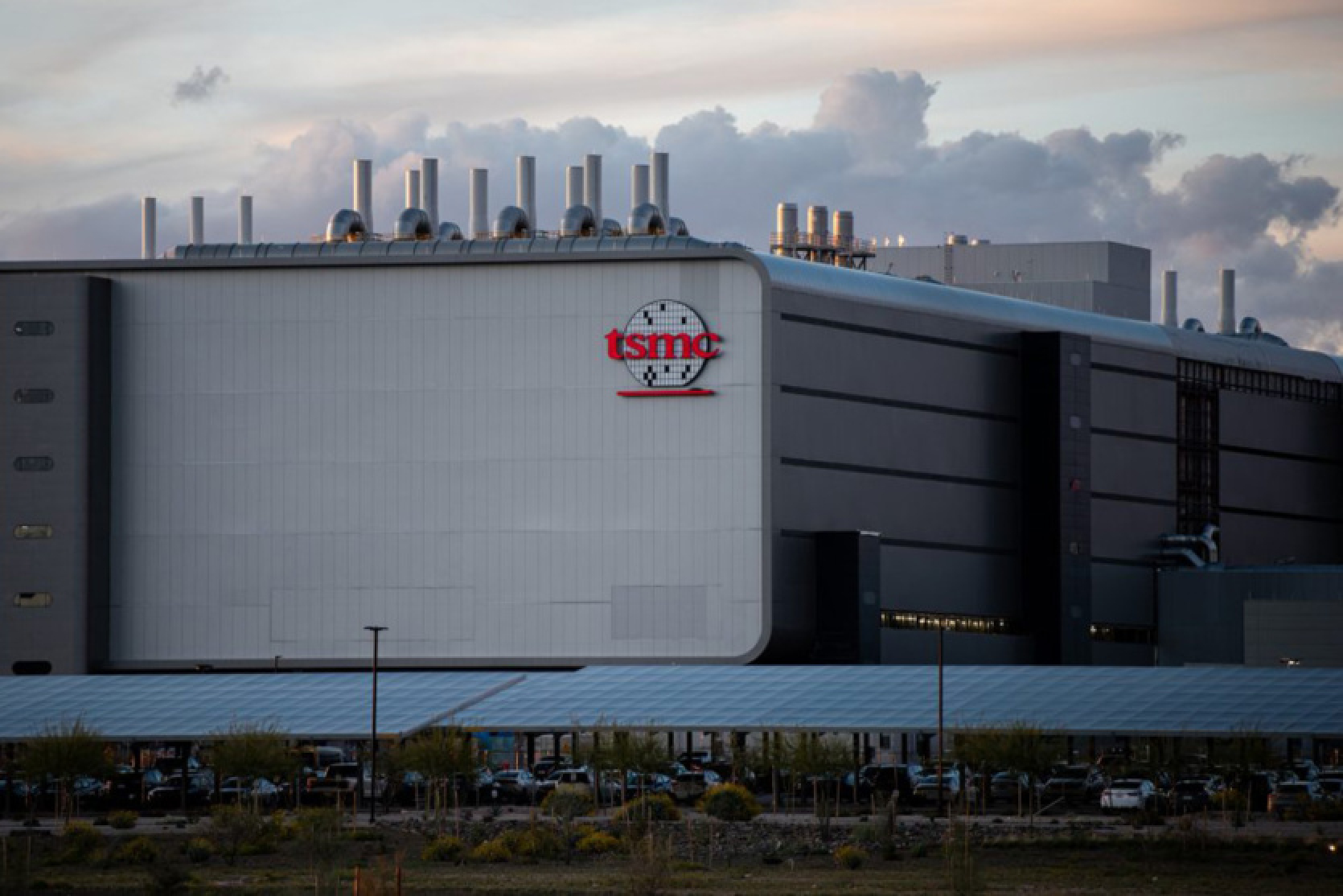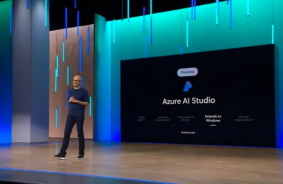It appears that Asian and Eastern European companies opening plants in the US bring their own "manufacturing culture" with them. According to reports, American workers at TSMC and the PC manufacturer EKWB from Slovenia face racism, rudeness, overtime, underpayment, and false accusations.
TSMC
A world leader in chip manufacturing, TSMC received nearly the biggest benefit from the US CHIPS Act in the form of $6.6 billion for opening plants in the US. The company is the largest in Taiwan, with a value of $660 billion. However, it is also known for having a 12-hour workday, weekend work, and harsh treatment from management. They call in employees during off-hours, threaten dismissal for minor mistakes, and so on. This behavior is not surprising in Taiwan, but Americans are not used to such treatment.
The website Rest of World reports that American engineers went to Taiwan in 2021 to receive training at TSMC before starting work at two new plants in Arizona. They were shocked to see the 12-hour workday and high pressure from management. The Americans criticized this as inefficient management, where tasks were given with unrealistic timeframes, leading to the use of personal time to meet these demands.
Subsequently, American workers were brought back to the factories in Arizona along with their Taiwanese colleagues. The construction faced numerous delays and fell behind by about a year. Many Americans left TSMC during the training in Taiwan, while others returning to the US found that the company's work culture had spread to the new plants.
- Engineers planning to work on production lines were tasked with cleaning up after the construction workers.
- Taiwanese managers had to undergo training on how not to yell at employees in public, which did not sit well with them.
- Engineers found themselves having to falsify the test results of the produced plates to meet management's expectations.
Taiwanese workers, accustomed to such violations of rights, and American workers, used to complaining or quitting in similar conditions, could not interact properly. Americans complain about the "Asian culture," while Taiwanese engineers consider their colleagues arrogant and carefree. The conflict between workers is also a result of the company's conditions of work.
EKWB
Founded in 2003 by Edvard Konig, the company EKWB (Edvard Konig Water Blocks) is headquartered in Komenda, Slovenia. Its branch in the US was located in San Antonio, Texas, until its offices closed last month. The firm sells custom water cooling components and produces water-cooled PCs under the Fluid Gaming brand, as well as corporate workstations called Fluid Works.
The website PCGamesN reported that former business and product development manager Dan Henderson accused the company of racism. Tom's Hardware interviewed Henderson and four other former members of the EKCS team in the US, all of whom described the working environment as "chaotic and toxic."
Several former employees had previously accused EKWB of creating a hostile work atmosphere filled with racist jokes and offensive rhetoric in the company's offices in Texas. Workers also claimed that the company did not pay them for overtime hours and that it damaged relationships with suppliers due to repeated payment delays.
Slovenian managers repeatedly belittled American employees, calling them lazy and stupid, blaming them for inventory management problems, while the company's internal accounting software had errors. According to former regional sales manager James Serrati, employees spent hours trying to count products on shelves to compensate for software deficiencies. However, Slovenian managers accused American staff of stealing supplies to explain the issues.
The offensive language went beyond simply calling workers lazy or stupid and escalated into outright racism. Serrati, the only African American employee in the office, shared that a former colleague made racist jokes, comparing him to chocolate, and almost hit him with a forklift several times. A visiting manager from Slovenia also told Serrati a racist joke involving chocolate.
When non-white employees were not present, the jokes could be even worse. Another former employee said that some managers described Spanish-speaking employees as "lazy Mexicans."
One female employee described the corporate culture as a "boys' club" and claimed she faced constant pushback when trying to exercise any authority over her male colleagues. However, no one directly told her that she was not being listened to because she was a woman.
In a statement, EK Communications Department Head Sasha Robi said that the company had only received two reports of racism and addressed both. Robi urged all current or former employees who had not reported discrimination to do so now.
Employees also complained that they were not being paid for necessary overtime. They were ordered to work overtime to meet orders or to prevent the branch from receiving reprimands. However, the actual overtime hours were drastically reduced in reports and, accordingly, in payment, or sometimes were not accounted for at all.
Henderson claims that the company promised him commissions on all sales in his contract but then did not pay them. Once he invoiced the company for the commission he was due, he received a message from management stating that they did not believe he was entitled to the commission and that he would have to agree to new terms if he wanted to continue working there. At another point, he was paid the due commission, but then the company refused to pay his regular salary for several months of work, stating that the "accidental" commission payment was instead of the monthly salary.
It was after the company refused to pay the missing money that Henderson decided to make a public statement. He claims the company threatened him with a lawsuit and demanded a payment of €70,000 if he did not remove his post on LinkedIn.
Employees also raised concerns about potentially unsafe conditions in the warehouse. They were required to operate a forklift without any company-provided licenses. Warehouse workers had to stand on stacked boxes at dangerous heights, risking falls.
Henderson says he wanted to speak out not only to receive the compensation he believes he is owed but also because his colleagues also have a chance to settle their debts.














Comments (0)
There are no comments for now